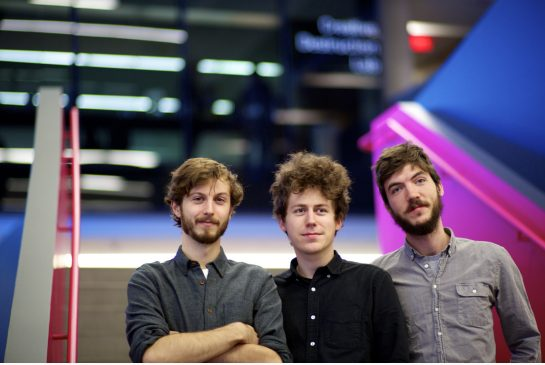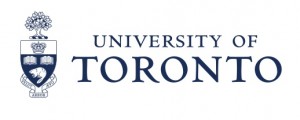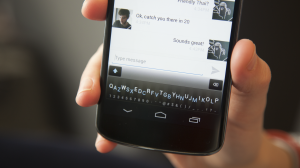Toronto Star features Minuum keyboard’s successful iPhone product launch

UTEST graduate Whirlscape was featured in Raju Mudhar’s Toronto Star article, “Toronto’s Whirlscape debuts tiny Minuum keyboard on iPhone,” which examines the company’s successful launch of their innovative, one-line keyboard for Apple’s iOS 8.
The UTEST program, co-directed by MaRS Innovation and the University of Toronto’s Innovations & Partnerships Office, gives nascent software companies start-up funding, office space, mentoring and business strategy support. Whirlscape was among the program’s first cohort.
The article was published October 6, 2014. Here’s an excerpt:
An Indiegogo success 18 months ago, the company created a tiny keyboard called Minuum for Android devices. Now, iOS and the vast Apple market beckoned. It required new hires, a couple months of round-the-clock development, and a practical rebuilding of their product from scratch so it could be ready to launch with iOS 8. All the work paid off: in the first two weeks of availability, they have sold more than 30,000 apps to the new iPhone audience.



